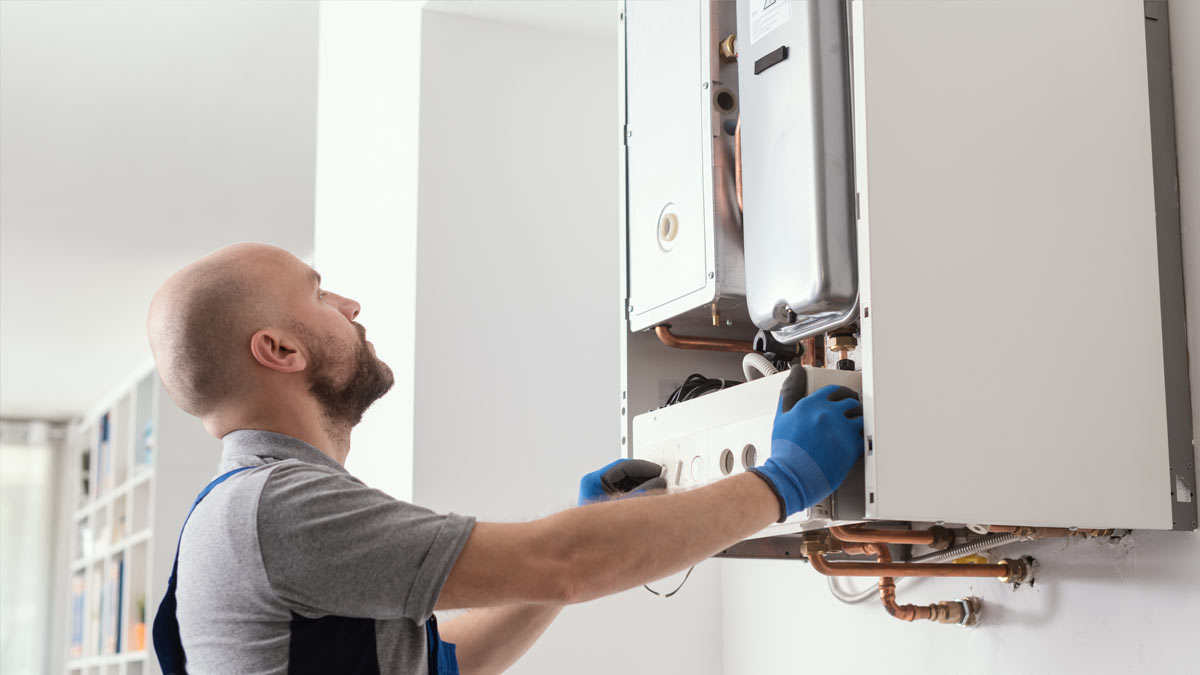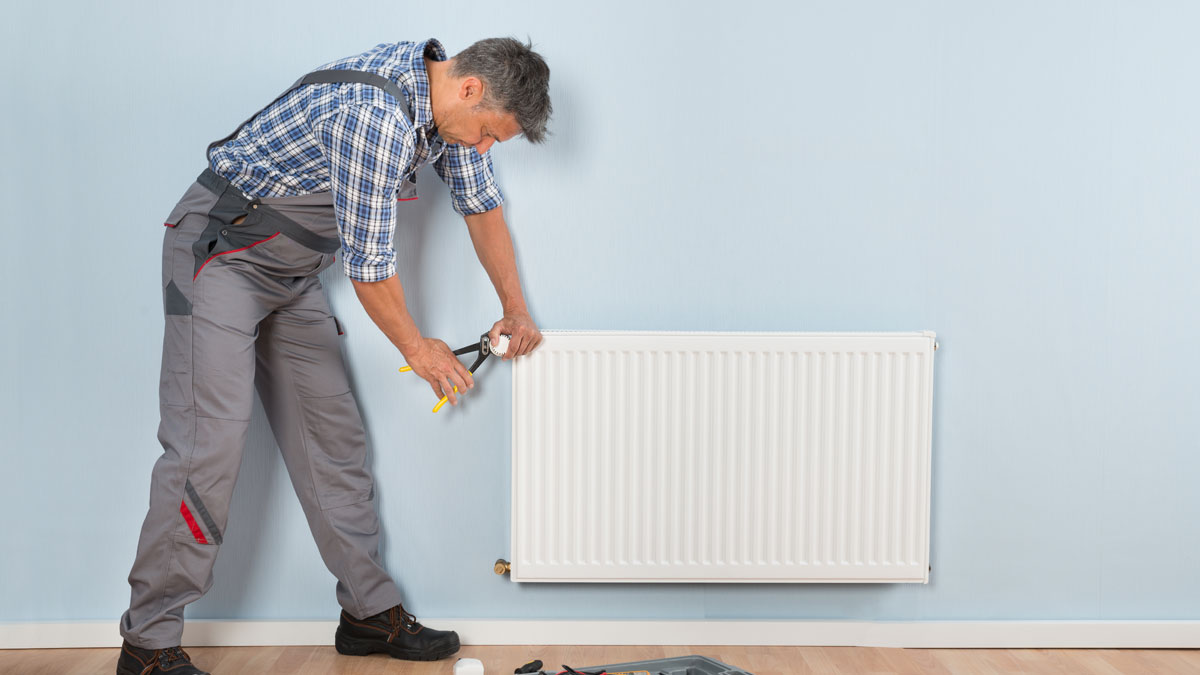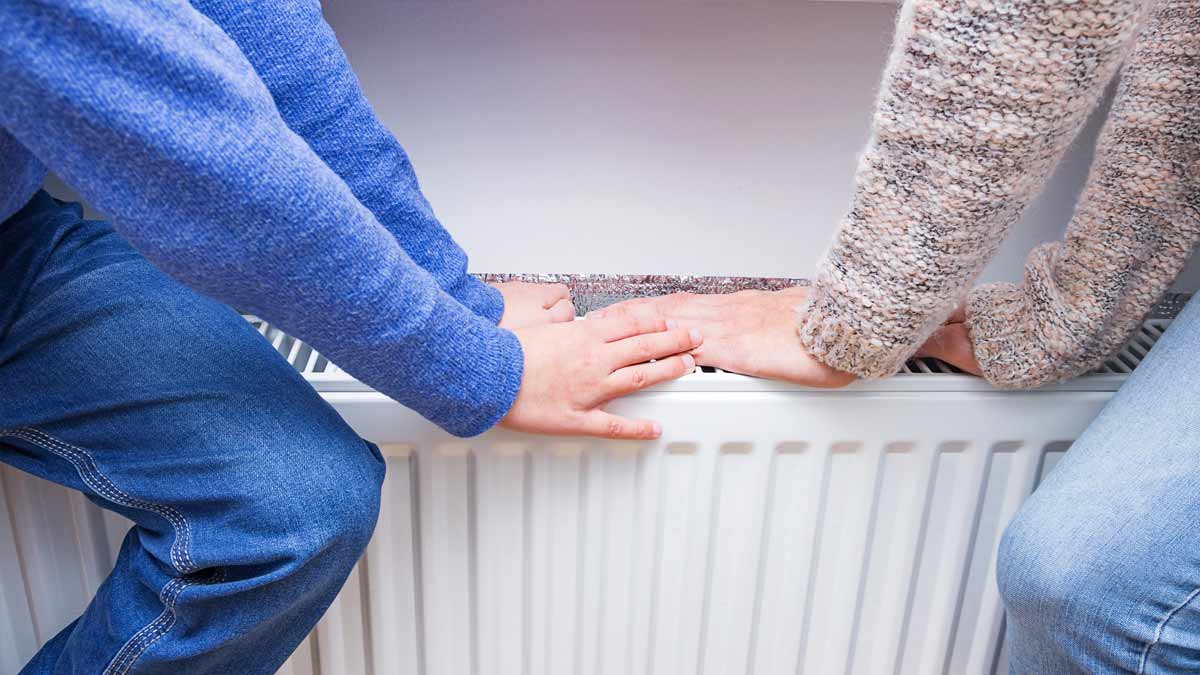Today, boilers are very popular at homes due to the comfort and energy saving they bring. In this article, you can find some helpful information about plumbing and boiler inspection.
What is regular inspection?
Just as your car needs regular check-ups, any home appliance must receive regular inspections so that the owners can be informed of their conditions and problems to improve or replace them to ensure they operate safely. As boiler plays an important, yet invisible, role in our homes, routine boiler inspections keep heating system running smoothly and avoid unexpected costly repairs. It is also necessary to have a comprehensive look at the plumbing system. During the plumbing inspection, your home’s indoor and outdoor plumbing get inspected to avoid problems such as breakages, leaks, etc.
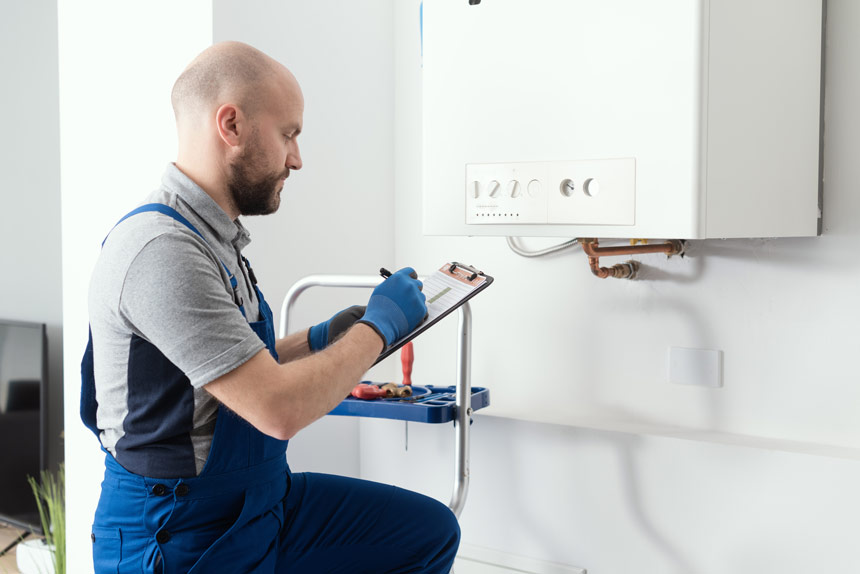
Why is regular boiler inspection necessary?
Scheduling a yearly inspection is necessary and can be beneficial in several ways. Here are a few of the benefits of annual boiler inspection:
Stay safe: As boilers generate carbon monoxide when they run, the safety issues for boiler operation make a regular inspection a critical need. Poorly-maintained boilers may have holes in the pipes that allow the deadly gas into your home. With an annual boiler inspection, you can ensure the safety of people in the house.
boiler maintenance: Boilers are a kind of . An annual inspection can keep them running for as long as they can. You can maximize your investment by keeping it functional. A well-maintained boiler can last for several years.
save money on energy bills: An annual boiler inspection can help keep the boilers efficient and use less energy to heat your home. Therefore, you can save up to 10% on its energy usage. Also, by maintaining the boilers, there is no more risk of breakdowns which is costly. So, you can save money.
It is a law: In some parts of the country, it is mandatory to get a regular boiler inspection, especially if you are a landlord. You are responsible for ensuring the boiler meets all the legal requirements. If you disregard, you will have to pay fines and have a poor-maintained boiler. So, to avoid legal trouble, complying with inspection regulations can be beneficial for you.
What is inspected in a boiler inspection?
During the annual professional inspection, boilers need to be reviewed both internally and externally by an inspector to identify potential problems that could require maintenance.
Internal boiler inspection can be more difficult because accessing different parts of a boiler is not easy due to the limitations. An internal boiler inspection consists of waterside areas of the vessel, including steam, blow-off, and water connections. Fireside conditions, including superheaters, deaerators, and economizers. Walls and surfaces, looking for any signs of leaks, corrosion, overheating, or other structural issues in the boiler.
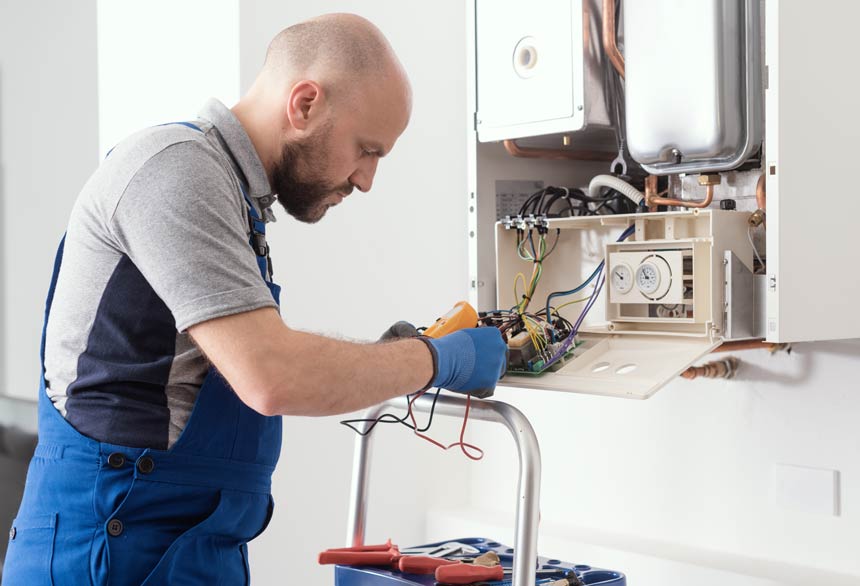
External inspections are straightforward and do not need any preparation. While the boiler is under pressure, an external inspection is suggested midway between the annual inspection. This process consists of checking nameplate, valves, and piping.
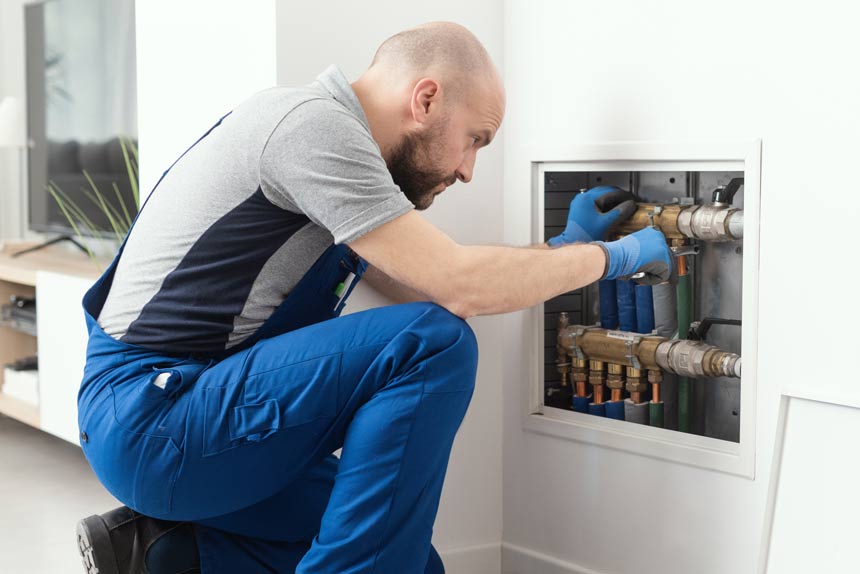
Detailed testing and evaluation of boiler operation, as well as careful examination of the physical condition of the boiler and its parts happen during a boiler inspection service.
Inspectors should perform different tasks such as: testing overall boiler operation including low-water, temperature controls and pressure relief valves. Testing all the drains, valves, and shut-offs for proper functions. Checking for signs of overheating, corrosion, erosion, damage, cracks, and related problems. Checking fuel system for leaks and make sure fuel filters are in place. Checking the burners, flame scanners, sensors, and other components working properly. Making sure the boiler is filled with the correct amount of water. Checking and testing all safety valves, pressure regulators, shut-offs, and associated systems to ensure proper operation, lack of leaks and correct settings.
How long does a boiler inspection service take?
Duration of a boiler inspection depends on the boiler’s type. Generally, an inspection service will take between thirty minutes to an hour to complete.
Plumbing inspection
Sometimes we also need to have a plumbing inspection. During a plumbing inspection, a complete evaluation of your home plumbing system will be done by a certified plumber. Plumbing inspection can help you assess your plumbing system from the minor components to the largest. A comprehensive plumbing inspection checklist should include:
- Check walls and ceilings for stains.
- Check water pressure.
- Inspect faucets for any damage and leak.
- Check water drains for clogs.
- Check toilets for loose fittings.
- Check the direction of cold and hot water.
- Check pipe installation for damages.
- Inspect valves for leakage.
Who conducts a regular inspection?
Boiler and plumber inspection must be carried by certified technical specialists who are experts in the inspection of boiler and plumbing.
How useful was this post?
Click on a star to rate it!
Average rating / 5. Vote count:
No votes so far! Be the first to rate this post.



